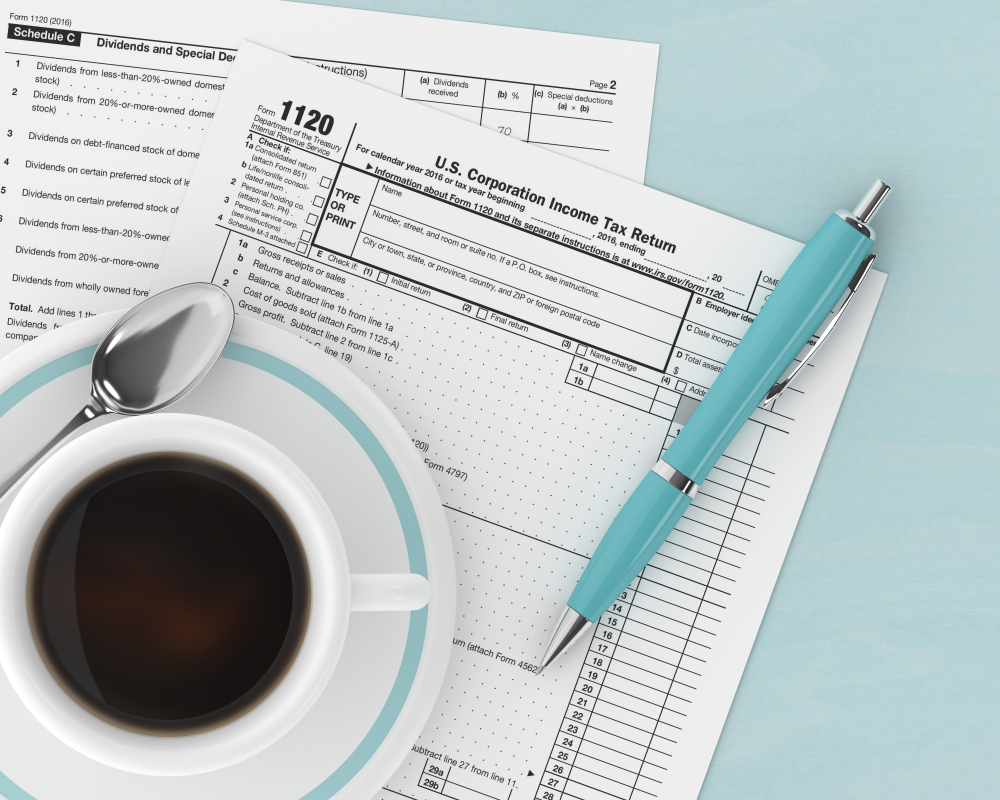Tax penalties: You may be oblivious to some of them, but the IRS will penalize you either way. Being educated about penalties is one’s best defense against them. In this post, we cover some of the most common miscellaneous and unexpected penalties while supplying tips on how to avoid them.
Failure to Pay and Underpayment Penalties
When someone does not fully pay their taxes when they file, the IRS will charge failure to pay penalties, which include 0.5% of the amount still due every month, as well as a monthly fee. These fees help to deter people from opting to pay their taxes late, and the penalties also help push people to pay their taxes as quickly as possible.
All American workers and businesses pay a quarterly estimated tax, but a lot of people have the money automatically withheld from each paycheck, which is then remitted to the IRS on a quarterly basis by either their company or a third-party payroll company. For people who are business owners, contractors, and freelancers however, estimated tax payments are due every quarter. These people are required to make the payments themselves, with no withholding agent or ‘middle man’ to remit the payments for them. If these crucial estimated payments are not made or are paid in too low of amounts, then one can incur an underpayment penalty (the exact penalty amount depends on various factors).
Avoid these penalties: Always pay your taxes by the due date, and if you have been granted an extension to file, be careful, because that does not mean it is an extension to pay. If you don’t have taxes withheld automatically and instead make quarterly tax payments, be sure to be mindful of the amount to be paid and pay the taxes on time with the appropriate estimated amount (it’s better to pay too much than too little).
Statements of Information
Every year in the state of California, all corporations and LLCs must file a Statement of Information and pay a small filing fee of $20. The information requested is general information about the company and its upper management team. When people do not file their company’s Statement of Information, they can incur fees that start at $250 (unless you run a nonprofit).
Avoid this penalty: The best habit to have is to file whenever a company officer, officer residence, or business location changes, but never fewer than once a year.
1099s and W9s
When a business pays an external, unincorporated vendor (contractors, freelancers, etc.) more than $600 in one year for services, the business will be required to send that vendor a 1099. The 1099 filing was due to the IRS and employee by January 31 this year. There are a number of rules and exceptions for who should and shouldn’t be issued a 1099, so make sure you are aware of the guidelines as well as the penalties surrounding 1099 filings.
In order to file a 1099, the business has to have received a W9 form from the vendor. If a company fails to file a 1099, even if it’s because the vendor refused to provide a W9, the company still gets penalized.
Avoid these penalties: Make a company rule that all 1099-eligible vendors must provide a W9 prior to their first payment, even if your company may not eventually pay them more than the $600 minimum amount. If the 1099-eligible worker refuses to provide a W9, then your business should withhold taxes from their payment at a rate of 24%, to be reported on the 1099.
More tips to prevent penalties:
- Always keep your accountant in the loop of any significant life or business changes
- Read and send any IRS or California Franchise Tax Board notices to your accountant immediately
- Keep your business’s physical address updated with the IRS
- E-file your taxes
- Have your taxes completed and filed by a professional tax preparer
Do you need help with your tax return or do you have questions about penalties? Well we’ll answer them all! Make Paragon Accountants your individual or business tax professionals by contacting us today.





